Dexamethasone Tablets 0.5mg for Cats: A Comprehensive Guide to Dosage, Benefits, and Uses
Dexamethasone is a synthetic corticosteroid commonly prescribed for cats suffering from a range of health conditions, including inflammation, allergies, autoimmune diseases, and even certain cancers. As a powerful anti-inflammatory and immunosuppressive drug, Dexamethasone Tablets 0.5mg for Cats play an essential role in veterinary medicine. This medication can alleviate discomfort, manage chronic diseases, and improve a cat’s quality of life. However, its use must be carefully monitored due to potential side effects, especially when used long-term.
What is Dexamethasone?
Dexamethasone is a corticosteroid used to treat a variety of conditions in both humans and animals. It mimics the effects of cortisol, a natural hormone produced by the adrenal glands, which helps control inflammation, metabolism, immune function, and stress responses. In cats, Dexamethasone is typically used to suppress inflammation, reduce allergic reactions, and manage immune system disorders.
Unlike some other corticosteroids, Dexamethasone is considered a long-acting corticosteroid, meaning it can provide effective results for extended periods of time, making it a preferred choice for managing chronic conditions in cats. Available in different forms—including oral tablets, injectables, and topical treatments—the 0.5mg tablet is one of the most commonly prescribed formats for at-home treatment.
Indications for Use of Dexamethasone Tablets 0.5mg for Cats
- Inflammatory Conditions:
It helps reduce inflammation, alleviate pain, and improve overall mobility and quality of life. - Allergic Reactions:
It is effective in managing severe allergic reactions like atopic dermatitis, seasonal allergies, and insect sting reactions. It works by suppressing the immune system and reducing inflammation, providing relief from itching, redness, and swelling. - Autoimmune Disorders:
Dexamethasone is used to control autoimmune diseases where the immune system attacks the body’s own tissues, such as autoimmune hemolytic anemia (AIHA) and immune-mediated thrombocytopenia (IMT). - Cancer Treatment:
It is often part of the treatment plan for managing tumor-related inflammation, such as in lymphoma or brain tumors. Dexamethasone helps reduce swelling, relieves pain, and supports overall comfort during cancer treatments, including chemotherapy. - Respiratory Conditions:
Dexamethasone is used in the management of chronic respiratory diseases such as asthma and bronchitis. It helps by reducing airway inflammation, improving breathing, and reducing symptoms like coughing and wheezing. - Post-Surgical Recovery:
It may also be used to reduce inflammation and promote faster healing after surgery, especially in cases of tissue injury or surgical wounds.
Benefits of Dexamethasone Tablets 0.5mg for Cats
- Reduces Inflammation:
Dexamethasone effectively reduces inflammation, providing relief for cats suffering from conditions like arthritis, IBD, and dermatitis. - Alleviates Allergic Reactions:
It helps control severe allergic symptoms, such as itchiness, redness, and swelling, by suppressing the immune response. This makes it useful for managing conditions like atopic dermatitis and allergic reactions. - Supports Immune System Regulation:
In cases of autoimmune disorders, Dexamethasone suppresses the overactive immune system, preventing it from attacking the cat’s own tissues, which helps in conditions like autoimmune hemolytic anemia (AIHA). - Improves Comfort in Cancer Treatment:
It helps reduce inflammation and swelling related to tumors, providing pain relief and enhancing comfort for cats undergoing cancer treatment, such as chemotherapy. - Improves Respiratory Function:
For cats with asthma or bronchitis, Dexamethasone helps reduce airway inflammation, making breathing easier and reducing symptoms like coughing and wheezing. - Post-Surgery Recovery:
By reducing inflammation and supporting healing, it promotes faster recovery after surgery and helps reduce pain and discomfort during the healing process.
Dosage and Usage Guidelines for Dexamethasone Tablets 0.5mg in Cats
The following dosage table provides general guidance for the administration of Dexamethasone 0.5mg Tablets to cats. The exact dosage should be determined by a veterinarian based on the cat’s condition, weight, and overall health.
General Dosage Guidelines
| Condition | Initial Dose | Maintenance Dose | Duration |
| Inflammatory Conditions | 0.5 – 1 mg/kg daily | 0.25 – 0.5 mg/kg daily | 3 – 7 days |
| Autoimmune Disorders | 0.5 – 1 mg/kg daily | 0.25 – 0.5 mg/kg daily | Several weeks |
| Cancer Inflammation | 0.5 – 1 mg/kg daily | 0.25 – 0.5 mg/kg every other day | As part of treatment |
| Respiratory Conditions | 0.5 – 1 mg/kg daily | 0.25 – 0.5 mg/kg daily | 5 – 7 days |
Important Considerations:
- Gradual Tapering: Prolonged use of Dexamethasone requires gradual tapering of the dosage to avoid withdrawal symptoms and adrenal insufficiency.
- Monitor for Side Effects: Keep an eye out for common side effects such as increased thirst, urination, and appetite. Inform your vet if you observe any unusual behavior or health changes.
- Regular Check-ups: Cats on long-term corticosteroid therapy should have regular blood tests, urine analysis, and physical exams to monitor for potential side effects, including liver or kidney problems, or the development of diabetes.
- Adjusting the Dose: Depending on the cat’s response to treatment, your veterinarian may adjust the dose over time, either increasing or decreasing it.
- Avoid in Pregnant or Lactating Cats: Dexamethasone should generally be avoided in pregnant or lactating cats unless absolutely necessary, as it may affect fetal development or nursing kittens.
Adverse Reactions and Safety Considerations of Dexamethasone for Cats
While Dexamethasone 0.5mg Tablets provide significant benefits in treating various conditions in cats, it is important to be aware of potential side effects and take necessary precautions when administering the medication.
Common Side Effects
- Increased Thirst and Urination (Polyuria/Polydipsia):
One of the most common side effects of Dexamethasone is increased thirst (polydipsia) and increased urination (polyuria). This is because corticosteroids affect kidney function and increase fluid retention. These symptoms are usually temporary but can lead to dehydration if not monitored. - Increased Appetite (Polyphagia):
Dexamethasone often stimulates appetite, leading to excessive eating (polyphagia). While this may seem beneficial in some cases, it can contribute to weight gain, which may be problematic, especially for cats with pre-existing conditions like diabetes or obesity. - Weight Gain:
This may contribute to obesity-related health problems in cats, particularly if the medication is administered over extended periods. - Panting and Lethargy:
Cats may experience unusual panting, lethargy, or fatigue while on Dexamethasone. This is especially noticeable in the early stages of treatment and typically resolves after the body adjusts to the medication. - Gastrointestinal Upset:
Dexamethasone can cause mild to moderate gastrointestinal upset, including vomiting and diarrhea. In some cases, it may lead to the development of gastric ulcers, particularly with long-term use. If your cat shows signs of digestive distress, it’s important to contact your veterinarian promptly.
Serious Side Effects
- Cushing’s Syndrome: Prolonged use of Dexamethasone can lead to Cushing’s syndrome, characterized by symptoms such as hair thinning, a pot-bellied appearance, and muscle weakness. The body may become dependent on the medication, making withdrawal challenging.
- Diabetes: Dexamethasone can elevate blood glucose levels, potentially leading to diabetes mellitus, especially in predisposed cats.
- Immune Suppression: By suppressing the immune system, Dexamethasone increases a cat’s susceptibility to infections, and even minor injuries may take longer to heal.
- Delayed Wound Healing: The immune-suppressive effects of Dexamethasone can impair tissue regeneration, causing delayed recovery in cats recovering from surgery or injuries.
- Liver and Kidney Damage: Long-term Dexamethasone use can strain the liver and kidneys, making regular monitoring of organ function essential. Symptoms like jaundice or difficulty urinating should be addressed promptly.
- Behavioral Changes: Dexamethasone can cause mood swings, irritability, or aggression in some cats, resulting from the medication’s impact on the brain and hormonal systems.
Precautions
- Gradual Tapering:
When discontinuing Dexamethasone after long-term use, it’s essential to gradually taper the dose to avoid adrenal insufficiency. Sudden cessation can cause serious withdrawal symptoms. A veterinarian will provide a tapering schedule. - Monitor for Infections:
Since Dexamethasone suppresses the immune system, closely monitor for signs of infection like fever or lethargy. Seek veterinary care if any infections occur. - Regular Veterinary Checkups:
Regular blood tests, urine analysis, and physical exams are necessary to monitor for potential side effects like diabetes, liver, or kidney damage. - Inform Your Vet of Pre-existing Conditions:
Inform your vet if your cat has any underlying conditions such as diabetes, heart disease, or liver issues. Dexamethasone may exacerbate these conditions. - Watch for Signs of Overdose:
If an overdose is suspected, contact your vet immediately. Symptoms of overdose include severe lethargy, vomiting, and behavioral changes.
Scientific Evidence Backing the Use of Dexamethasone in Cats
Dexamethasone, a synthetic corticosteroid, has been extensively studied for its effectiveness in treating various conditions in cats, including inflammation, autoimmune disorders, allergies, and cancer-related symptoms.
Efficacy in Treating Inflammation and Autoimmune Conditions
Research supports Dexamethasone’s role in managing inflammatory conditions like IBD and arthritis. A study in Veterinary Research Communications showed it reduces gastrointestinal inflammation in IBD, alleviating symptoms like vomiting and diarrhea. Similarly, a 2018 study in The Journal of Feline Medicine and Surgery highlighted its benefit in managing osteoarthritis, improving mobility and quality of life.
Managing Allergies
Dexamethasone is effective in treating severe allergic reactions, especially when other treatments fail. A study in the Journal of Veterinary Dermatology demonstrated its success in managing pruritus and inflammation in cats with allergic dermatitis. It’s also used in emergencies to stabilize anaphylaxis and reduce airway inflammation.
Use in Cancer Treatment
In cancer care, Dexamethasone helps manage tumor-related inflammation. A 2019 study in Journal of Feline Oncology showed it reduced brain swelling in cats with brain tumors, alleviating symptoms like seizures. Additionally, research in Veterinary and Comparative Oncology supports its role in managing lymphoma-related inflammation, improving comfort during chemotherapy.
Respiratory Conditions
Dexamethasone is effective for asthma and bronchitis by reducing airway inflammation. A study in the American Journal of Veterinary Research confirmed its effectiveness in chronic bronchitis, improving breathing. Combining it with bronchodilators, as noted in The Journal of Feline Medicine and Surgery, helps manage feline asthma.
Conclusion
Dexamethasone Tablets 0.5mg for Cats are an essential part of veterinary medicine, offering significant benefits in managing a variety of conditions, including inflammation, allergies, autoimmune disorders, and certain types of cancer. As a potent corticosteroid, it helps reduce pain, swelling, and immune system overactivity, greatly improving the quality of life for cats suffering from chronic or severe conditions. However, as with all medications, it is important to use Dexamethasone under the close supervision of a veterinarian. Long-term use can lead to potential side effects such as Cushing’s syndrome, diabetes, and organ damage, making regular monitoring essential.







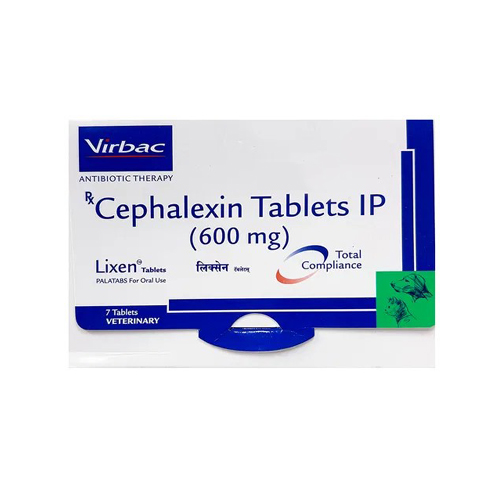
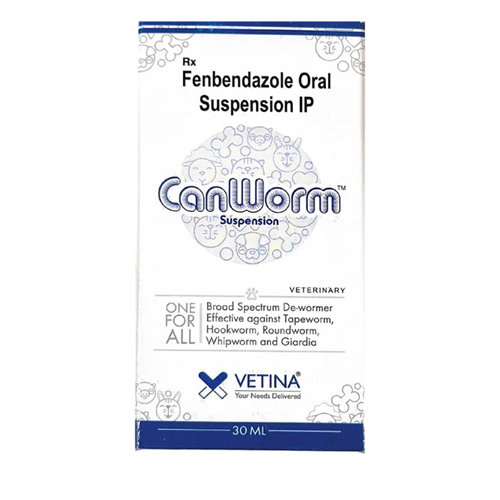



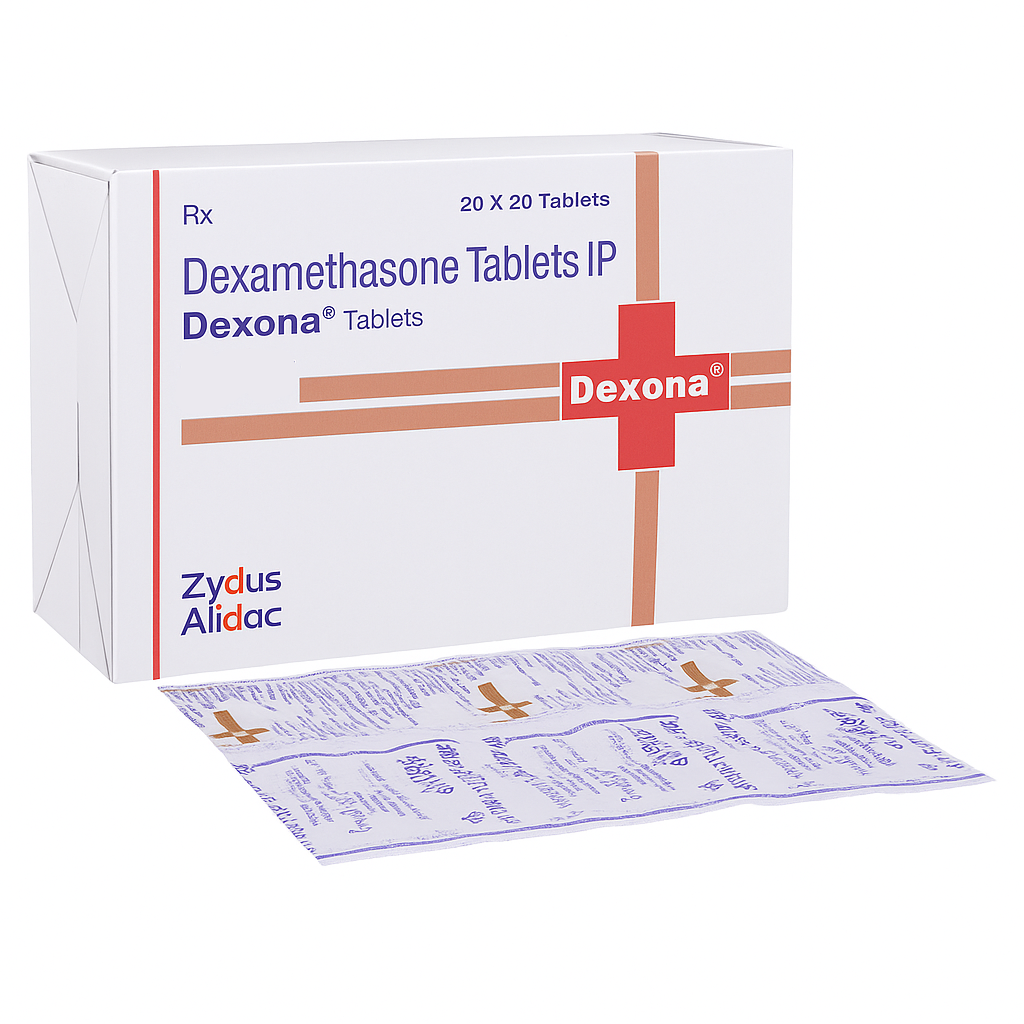
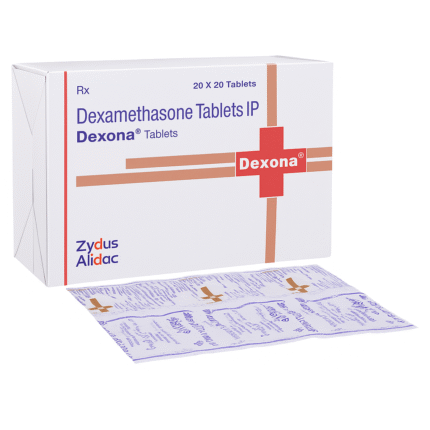

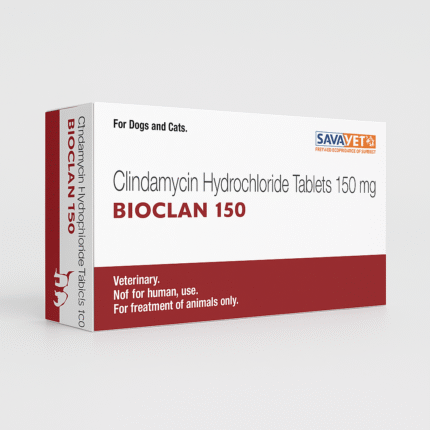
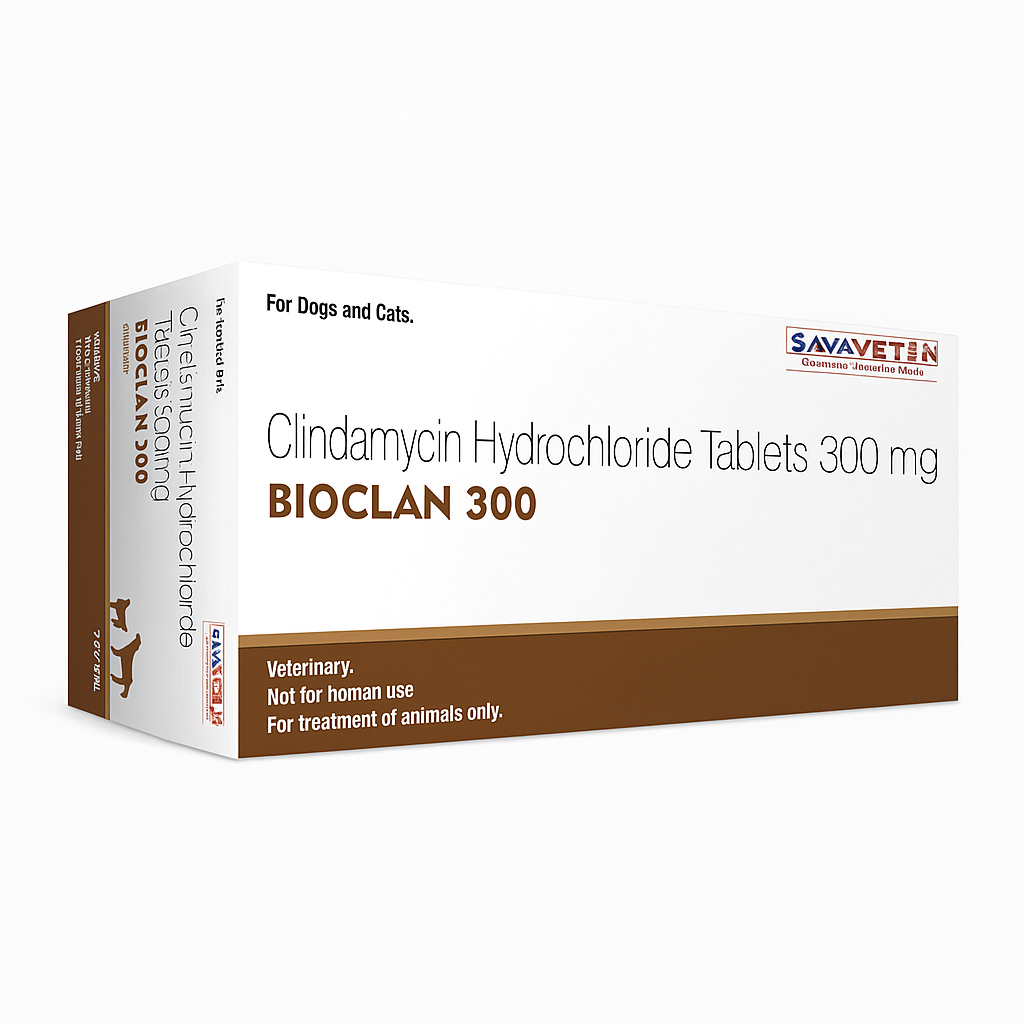
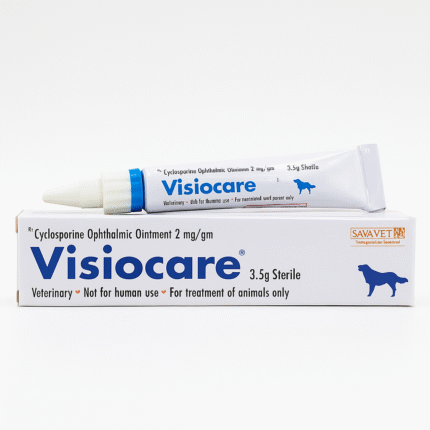
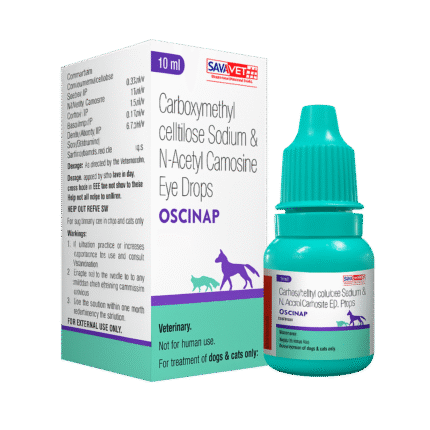
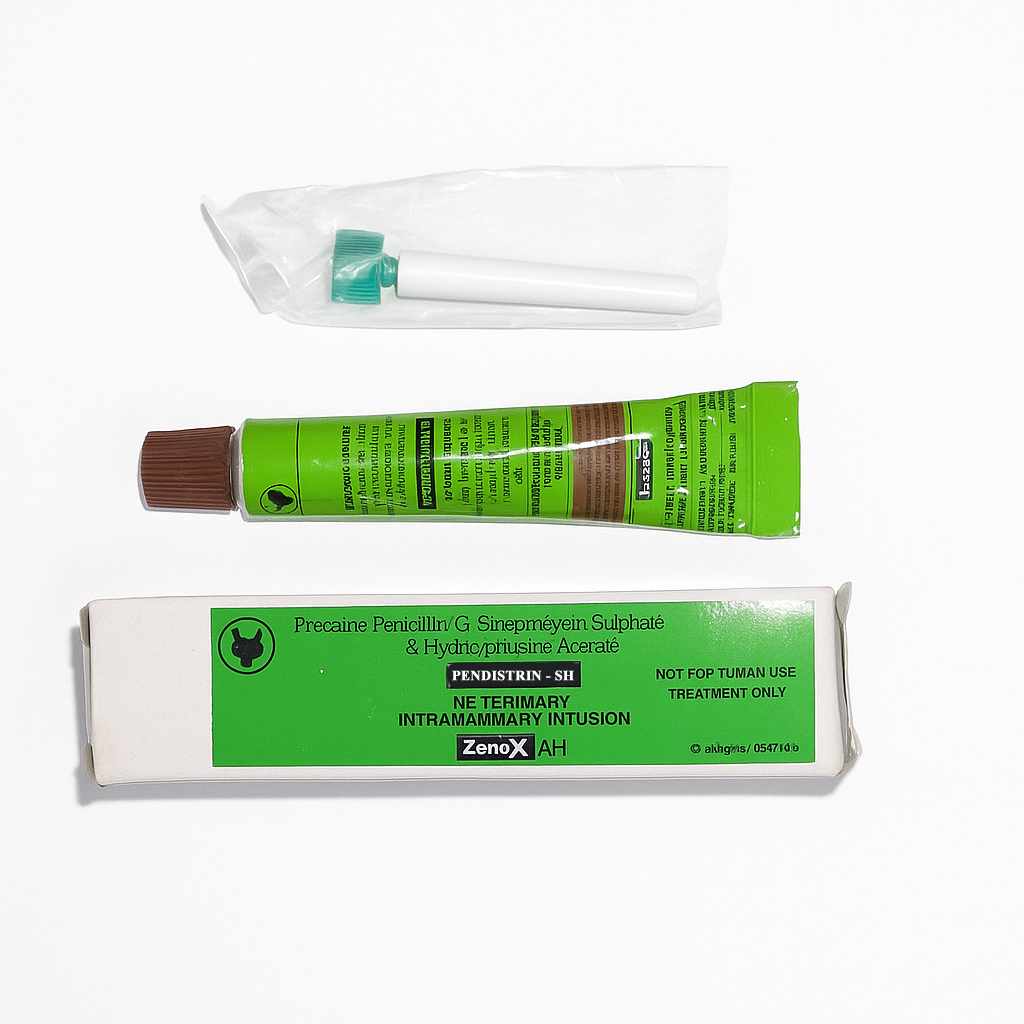
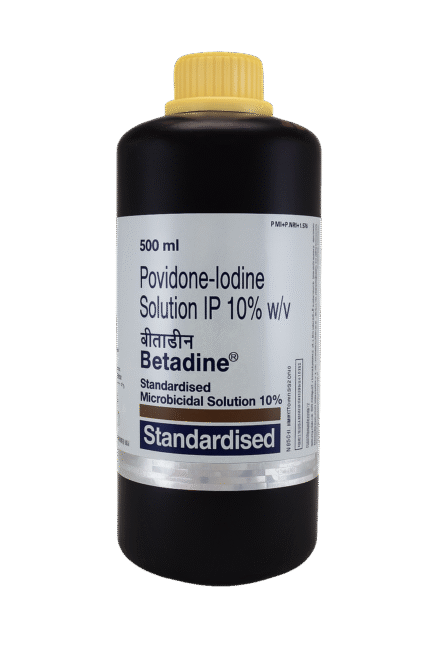
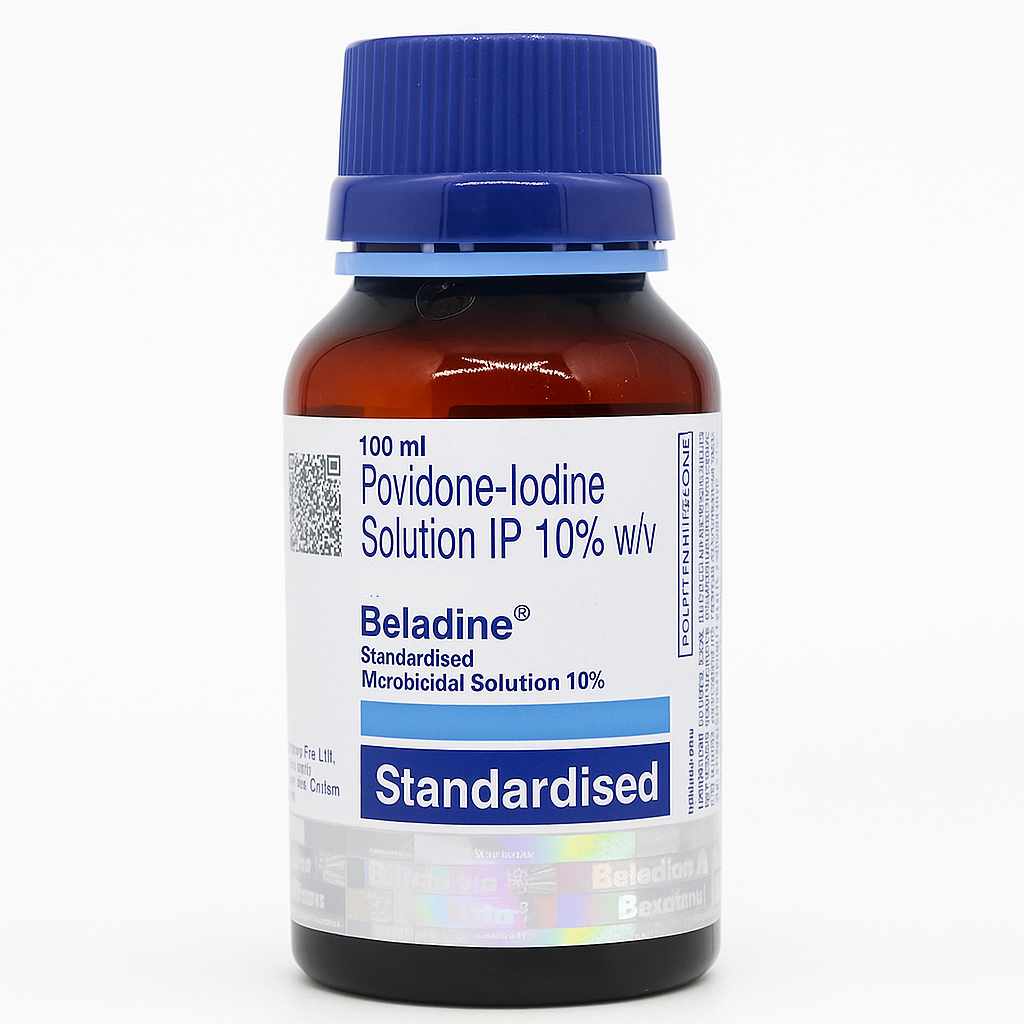

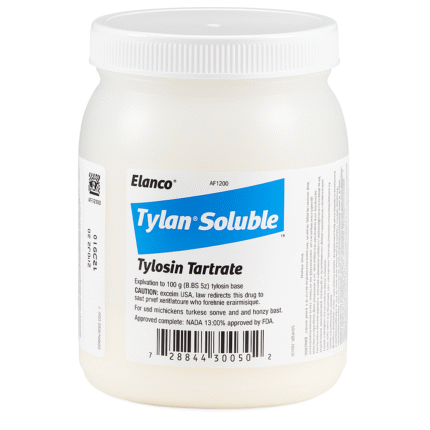
Reviews
There are no reviews yet.